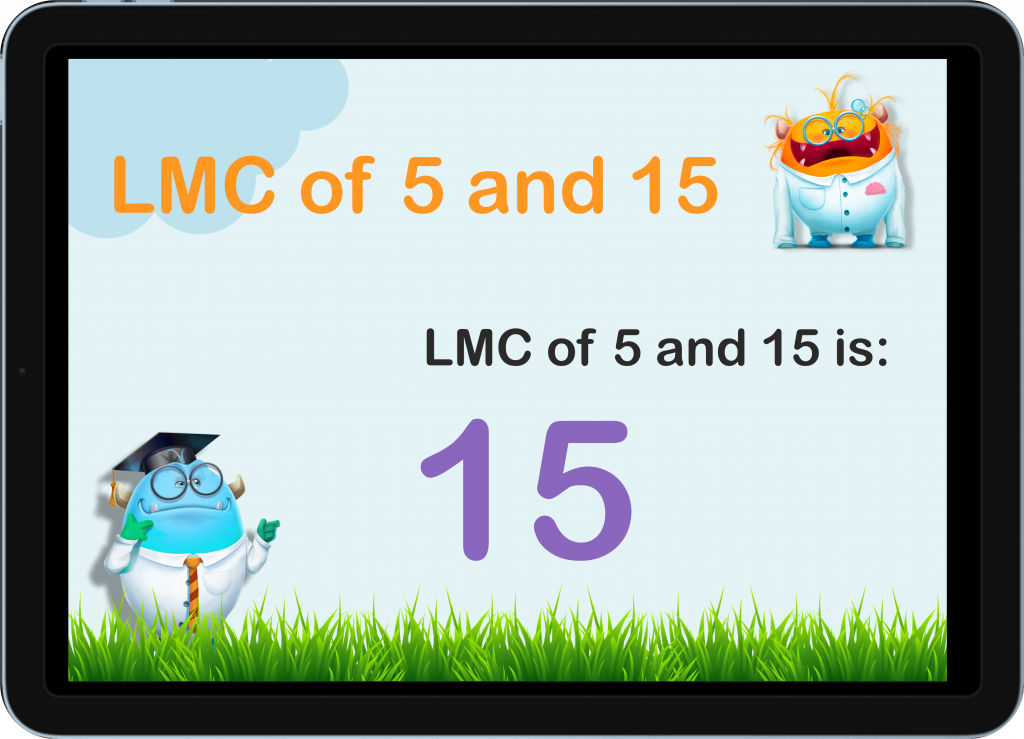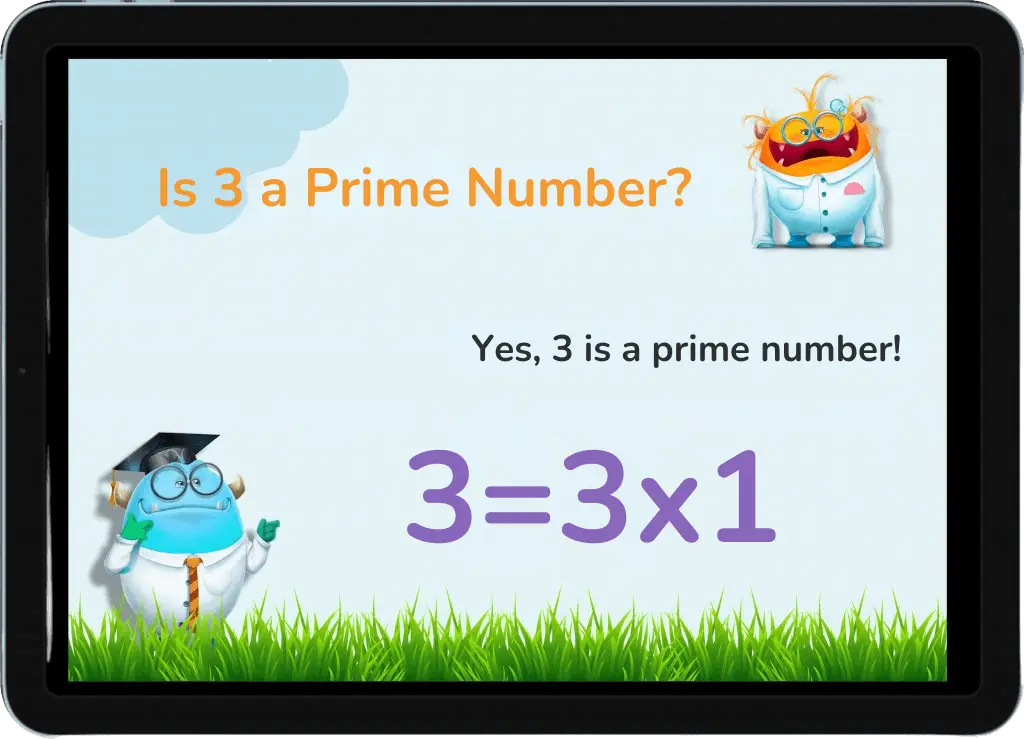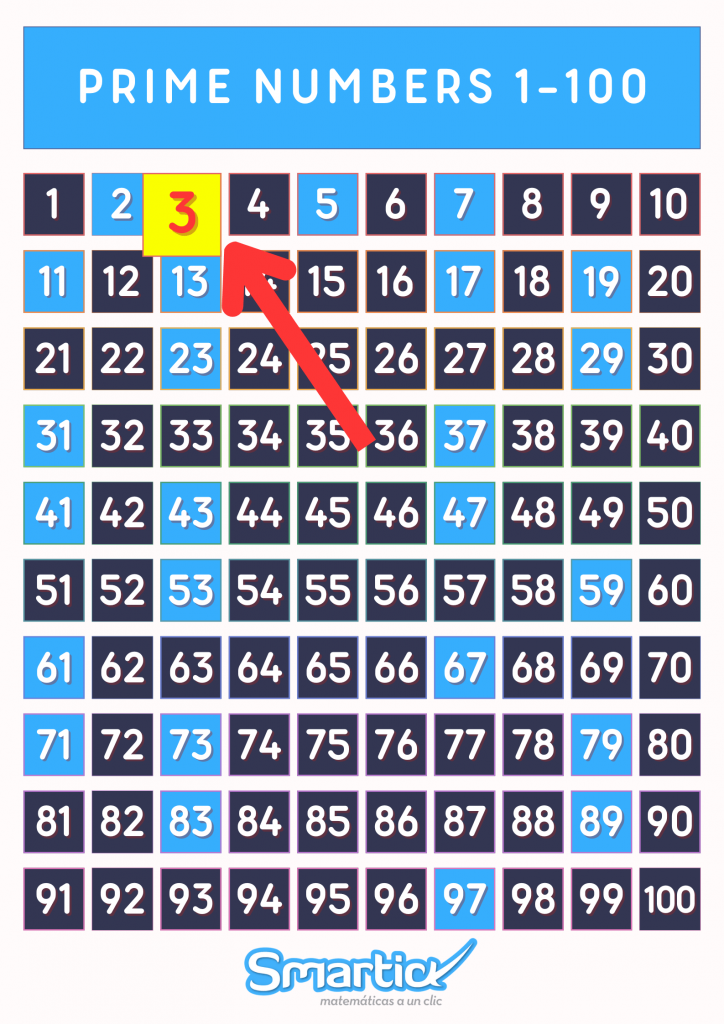Is 2 A Prime Number?
Prime vs. Composite Numbers
Greetings, young math enthusiasts! Today, let’s set sail on a mathematical voyage to determine if 2 is a prime number, and learn more about the difference between prime and composite numbers.

Is 3 a Prime Number?
Or Is 3 a Composite Number?
Hey there, mini math wizards! Today, we’re going to figure out if 3 is a prime number. Trust me, this is going to be way more fun than your last math lesson. So grab your math hats, and let’s dive into the awesome world of prime and composite numbers!


No credit card required

No credit card required
Prime Numbers vs Composite Numbers
Prime Factorization of 3
Is 3 a Composite Number?
Fun Facts About Prime Number 3
Wrapping Up!
Buckle up, because today we’re going on a wild ride through the magical land of mathematics. Our mission? To uncover the secrets of the number 3 and find out if it belongs to the exclusive club of prime numbers.
Who knows? Maybe it even teaches you an important mathematical principle that you would naver have learned otherwise.
Prime Numbers vs Composite Numbers

Alright, let’s break it down. Prime numbers are like those kids who only have two best friends: 1 and themselves. They can’t be divided evenly by any other numbers. Some prime number friends include 2, 3, 5, 7, and 11.
Composite numbers are the kids who have more than two friends. They can be divided by 1, themselves, and at least one other number. Think of 4, 6, 8, 9, and 12 – they all have a bigger friend circle.
Is 3 a Prime Number?
So, is 3 a prime number? Drum roll, please… Yes! Number 3 is definitely a prime number. Can 3 be divided evenly by any other numbers between 1 and 100? Nope, just by 1 and 3. Since 3 is more than 1, it fits right in the prime number club.
The Test of Divisibility
- Is 3 greater than 1? Yes!
- Can 3 be divided evenly by any other numbers from 1 to 100? Nope, only by 1 and 3.
It’s like a superhero test:
3 = 3 x 1
The Breakdown
3 can only be divided by 3 and 1. No other numbers can fit perfectly into 3 without messing things up.
So, 3 stands tall and proud as a prime number, with just two factors: 1 and 3.
Prime Factorization of 3
Prime factorization is like giving a number its secret identity. For 3, it’s super simple:
Prime factorization of 3: 3
Since 3 is a prime number, it can’t be split into other prime numbers. It’s unique and special, like a rare gem.
Is 3 a Composite Number?
No way, 3 isn’t a composite number.
A composite number has more than two divisors, meaning it can be divided by numbers other than just 1 and itself.
Look at its neighbor, 4. The prime factorization for 4 is 2 x 2.
But 3 can only be divided evenly by 1 and 3, so no extra divisors here. 3 is purely prime, not composite. End of story!
Fun Facts About Prime Number 3
-
First Odd Prime Number: 3 is an odd number, as you know. 3 also happens to be the first odd prime number. Here’s the kicker: all prime numbers after three are also odd numbers!
-
Cultural Significance: In fairy tales, magical things often happen in threes. Think of “three wishes” or “three little pigs.” Three is a magical number!
-
Math Superpower: 3 is the only prime number that is one less than a perfect square (4 is a perfect square). It’s like a little math ninja!
- A lucky number: In Chinese culture, the number three is regarded as lucky because its pronunciation is similar to the word for “alive.” This contrasts with Western traditions, where phrases like “third time’s a charm” also suggest that three is a lucky number.
Wrapping Up!
Congrats, mini math genius! You’re one step closer to being a math master.
Figuring out if 3 is a prime number was quite the adventure! Remember, a prime number is a natural number greater than 1 with exactly two factors: 1 and itself. Keep exploring and discovering more amazing math wonders!
Learn More About Prime Numbers
© 2024 Smartick. All Rights Reserved.
